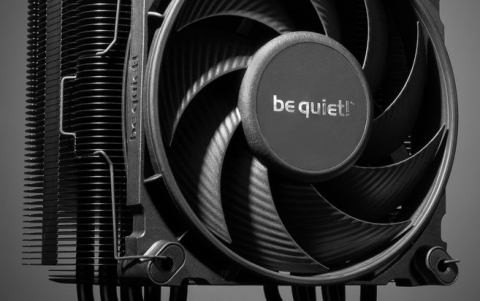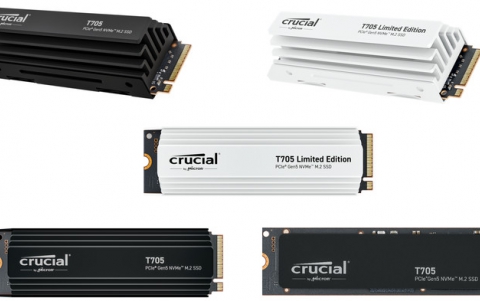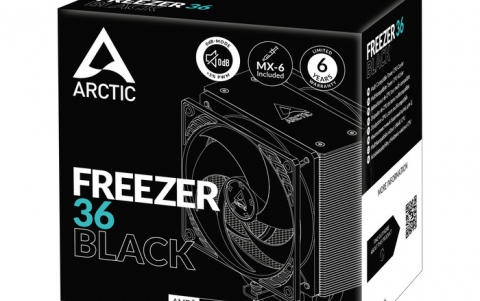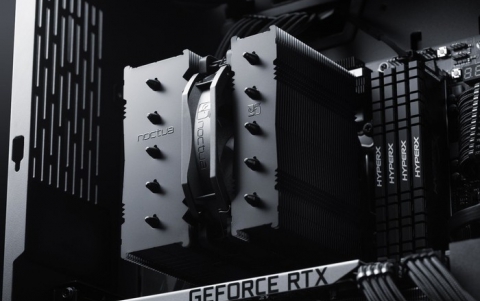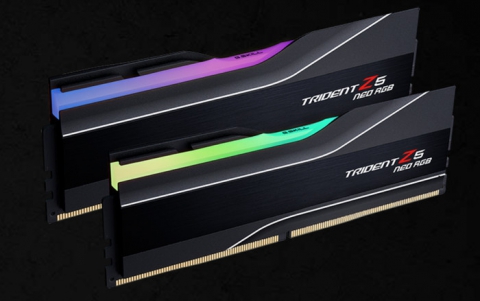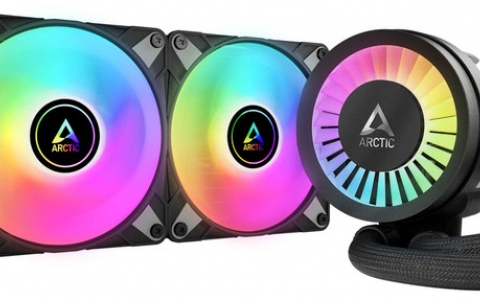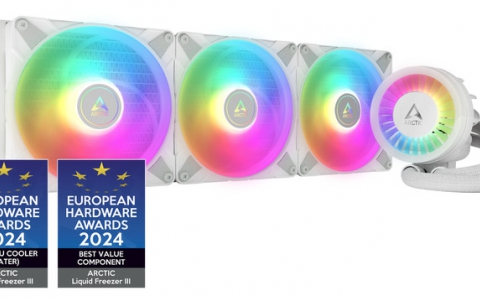
FCC Sets Airwaves Sale Rule
The U.S. Federal Communications Commission voted to shake up the wireless market on Tuesday by approving rules for a big airwaves auction that would require the winner to make them accessible to any cell phone or other device.
The sale would likely begin in December or January and the U.S. government expects it to raise at least $10 billion. The airwaves are being returned by television broadcasters as they move to digital from analog signals in early 2009.
The access requirement would apply to 22 megahertz of the 62 MHz of spectrum to be sold. Two Republican FCC commissioners, who expressed reservations about the idea, stressed it would not apply to existing airwaves held by carriers like AT&T Inc. and Verizon Wireless.
The agency stopped short of a broader requirement sought by potential bidder Google that would force the winner to resell access to its network on a wholesale basis.
Currently, wireless carriers restrict the models of cell phones that can be used on their networks. They also limit the software that can be downloaded onto them, such as ring tones, music or Web browser software.
The FCC suggested a $4.6 billion minimum price for the 22 MHz block of airwaves. If that price is not reached, the airwaves would be auctioned again, but without the access requirement.
The spectrum being sold can travel long distances and penetrate thick walls, making it particularly valuable. The auction, to be done with anonymous bidding, is seen as a last chance for a major new player to enter the wireless market.
Supporters of the open-access approach, including Google and some U.S. consumer groups, say it will spur new competition and innovation in the market for wireless services.
Google said it would have to review details of the order before deciding whether it would bid in the auction, but praised the decision.
No. 1 U.S. wireless provider, AT&T would allow consumers the ability to move their wireless handset from network to network.
The access requirement would apply to 22 megahertz of the 62 MHz of spectrum to be sold. Two Republican FCC commissioners, who expressed reservations about the idea, stressed it would not apply to existing airwaves held by carriers like AT&T Inc. and Verizon Wireless.
The agency stopped short of a broader requirement sought by potential bidder Google that would force the winner to resell access to its network on a wholesale basis.
Currently, wireless carriers restrict the models of cell phones that can be used on their networks. They also limit the software that can be downloaded onto them, such as ring tones, music or Web browser software.
The FCC suggested a $4.6 billion minimum price for the 22 MHz block of airwaves. If that price is not reached, the airwaves would be auctioned again, but without the access requirement.
The spectrum being sold can travel long distances and penetrate thick walls, making it particularly valuable. The auction, to be done with anonymous bidding, is seen as a last chance for a major new player to enter the wireless market.
Supporters of the open-access approach, including Google and some U.S. consumer groups, say it will spur new competition and innovation in the market for wireless services.
Google said it would have to review details of the order before deciding whether it would bid in the auction, but praised the decision.
No. 1 U.S. wireless provider, AT&T would allow consumers the ability to move their wireless handset from network to network.







